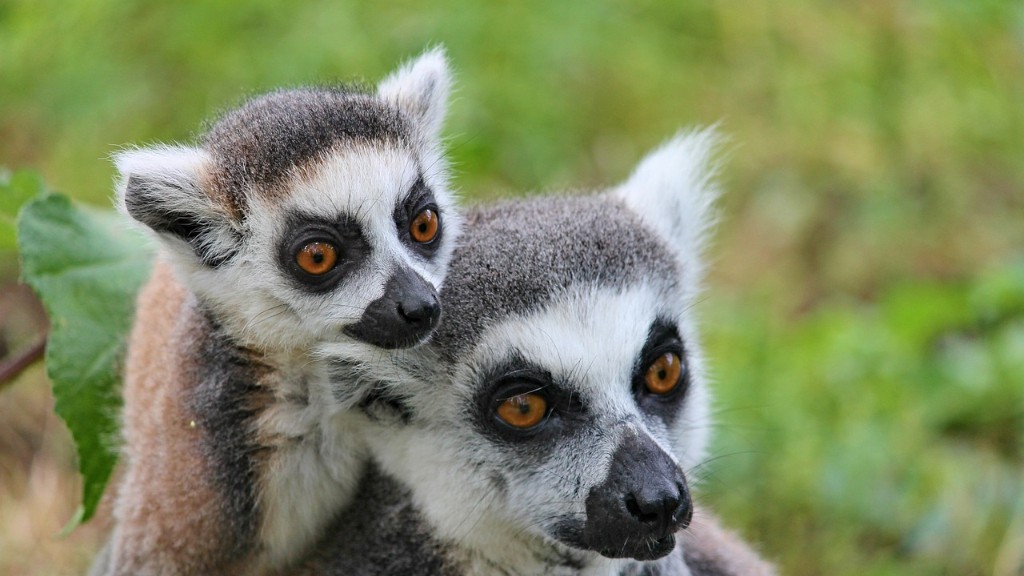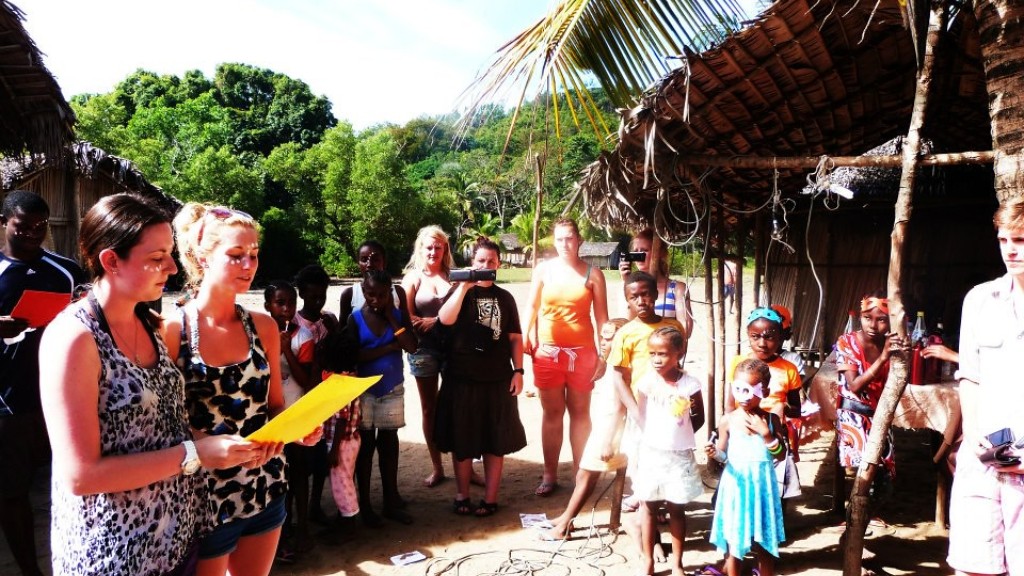How much money did Madagascar make?
Madagascar, the large island nation located off the southeastern coast of Africa, is known for its rich biodiversity and unique wildlife. Apart from its natural beauty, the country also has economic potential, although like many developing nations, it faces its own set of challenges. In this article, we will take a closer look at the economic performance of Madagascar, exploring the country’s revenue sources, challenges, and potential for growth.
1. Background Information
Madagascar is one of the poorest countries in the world, with a significant share of its population living below the poverty line. The economy primarily relies on agriculture, which accounts for about a quarter of the country’s GDP and employs a large portion of the population. Export crops like vanilla, coffee, and cloves play a crucial role in generating foreign exchange earnings.
Additionally, the country has substantial mineral resources, including ilmenite, graphite, and chromite, which have the potential to contribute to economic growth. Efforts are being made to attract foreign investment in the mining sector and develop infrastructure to support these activities.
2. Revenue Sources
The revenue sources for Madagascar’s economy are diverse, albeit relatively modest. In addition to agriculture and mining, the tourism sector has been identified as a key potential source of income for the country. Madagascar’s unique wildlife, rainforests, and stunning landscapes attract nature enthusiasts and adventure seekers from around the world.
Foreign aid and remittances from Malagasy citizens working abroad also contribute to the country’s revenue. Development projects funded by international organizations and donations from foreign governments play a vital role in supporting various sectors of the economy, including education, healthcare, and infrastructure.
3. Challenges
Madagascar faces significant economic challenges that hinder its development and the generation of substantial revenue. Political instability, weak governance, and high levels of corruption have negatively impacted foreign investment and economic growth. Addressing these issues is crucial for the country to attract investors and create a favorable business environment.
Furthermore, the country struggles with inadequate infrastructure, including limited access to electricity, which affects both businesses and citizens’ daily lives. Improving infrastructure will be pivotal in stimulating economic activities and attracting investments, especially in the tourism and manufacturing sectors.
4. Potential for Growth
Despite the challenges, Madagascar has enormous untapped potential for economic growth. The government has been working to implement economic reforms, streamline bureaucracy, and improve the business climate to encourage investment. The country aims to diversify its economy by focusing on sectors like textiles, ICT (Information and Communication Technology), and renewable energy.
Madagascar’s unique biodiversity and natural resources provide opportunities for sustainable development and ecotourism. By properly managing and conserving its natural assets, the country can attract nature-loving tourists and generate substantial revenue. Investments in infrastructure and human capital development will be crucial in unlocking this potential.
Experts suggest that improving education and skills development is vital for the country’s long-term economic growth. By investing in quality education and vocational training, Madagascar can enhance its human capital and create a skilled workforce capable of supporting diverse sectors, including agriculture, manufacturing, tourism, and technology.
Conclusion
In conclusion, while Madagascar is currently facing economic challenges, it has significant potential for growth and diversification. By attracting foreign investment, developing infrastructure, and investing in education, the country can create a sustainable and prosperous economy. Moreover, by preserving its unique biodiversity, Madagascar can leverage its natural assets to boost tourism and generate substantial revenue in the long run.



